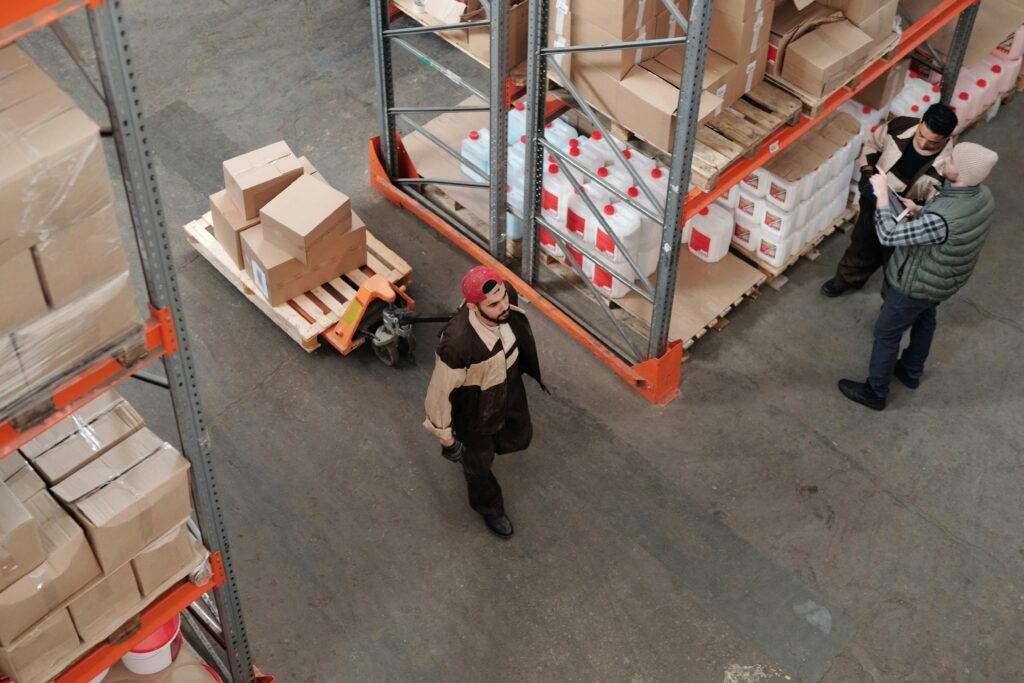Supply chain resilience has become a strategic priority for companies seeking to ensure operational continuity and competitiveness in an increasingly volatile environment. In the context of recent global crises, such as pandemics, geopolitical conflicts and disruptive technological advances, understanding and measuring supply chain resilience is essential to minimizing negative impacts. For that reason, the development of specific indicators allow organizations to assess their capability and prepare, respond, and transform in the face of unexpected events.
Prepare capability involves developing competencies that allow companies to anticipate and absorb shocks, without compromising their operations. Among the key indicators in this phase, some stand out:
- Time required to adjust processes and replace critical suppliers (adaptability and flexibility capability)
- Exchange of information within the supply chain (visibility capability).
- Ability to maintain financial liquidity, to react to crises and invest in innovation (financial strength).
- Strong financial management and market presence are more effective in dealing with disruptions, reducing vulnerability to events such as demand fluctuations and logistical challenges.
The respond capability refers to a company’s agility in facing unexpected situations, such as supply shortages or sudden variations in consumer demand. Key aspects of this capability include:
- Organizations that reduce their production times and lead times are more efficient in quickly adapting to new circumstances, minimizing operational losses.
- Emerging technologies, such as artificial intelligence (AI), big data, and the Internet of Things (IoT), play a crucial role in this regard, as they provide real-time visibility into the supply chain, facilitating data-driven decision-making.
- Supplier diversification and process digitalization are strategies that help increase resilience and response capacity within companies.
Finally, transform capability involves structural changes in the business model, allowing companies to adapt to new scenarios and seize opportunities following disruptive events. Although this capability is given lower priority compared to preparation and response, its importance grows as organizations strive to evolve in the face of challenges. Essential elements for a successful transformation include:
- The adoption of emerging technologies.
- Reconfiguration of supplier networks.
- Development of innovative products.
In a world where uncertainty is constant, resilience is not just about surviving crises but about strengthening and thriving amid them. Therefore, measuring and improving resilience capabilities has become a strategic necessity for any organization that aims to ensure long-term sustainability and competitiveness.
AUTHORS

Ariane Avila
INESC TEC
Has experience in innovation management, development of innovation capabilities, and institutional economics applied to industrial sectors, with an emphasis on agribusiness. She has worked as a professor and innovation consultant in the healthcare sector, in addition to having experience as a project manager for digital transformation in public institutions.

Gustavo Dalmarco
INESC TEC
Is a senior researcher at INESC TEC, working in projects related to the areas of Technology Adoption Strategies and Innovation Management. Project Manager of EU projects SoTecIn Factory and Green APS, Gustavo has contributed to 5 other H2020 and HE projects. Has leaded processes related to academic technology transfer and Intellectual Property, also with experience in start-up mentoring and in the organization of Hackathons. Is a founding member of a start-up that uses space technology and was visiting researcher at the technology transfer office of the European Space Agency.

Ricardo Zimmermann
INESC TEC
Senior Researcher at INESC TEC and an Invited Professor at Águeda School of Technology and Management, University of Aveiro. His research interests include sustainability, resilience and digital transformation in the context of supply chains. His research has been published in journals such as Supply Chain Management: An International Journal, Journal of Purchasing and Supply Management, Industrial Marketing Management and International Journal of Logistics Management. Ricardo has experience in project management and has participated in European projects such as RISE-SME, ReSChape, NEXT NET, Reneé, among others.

